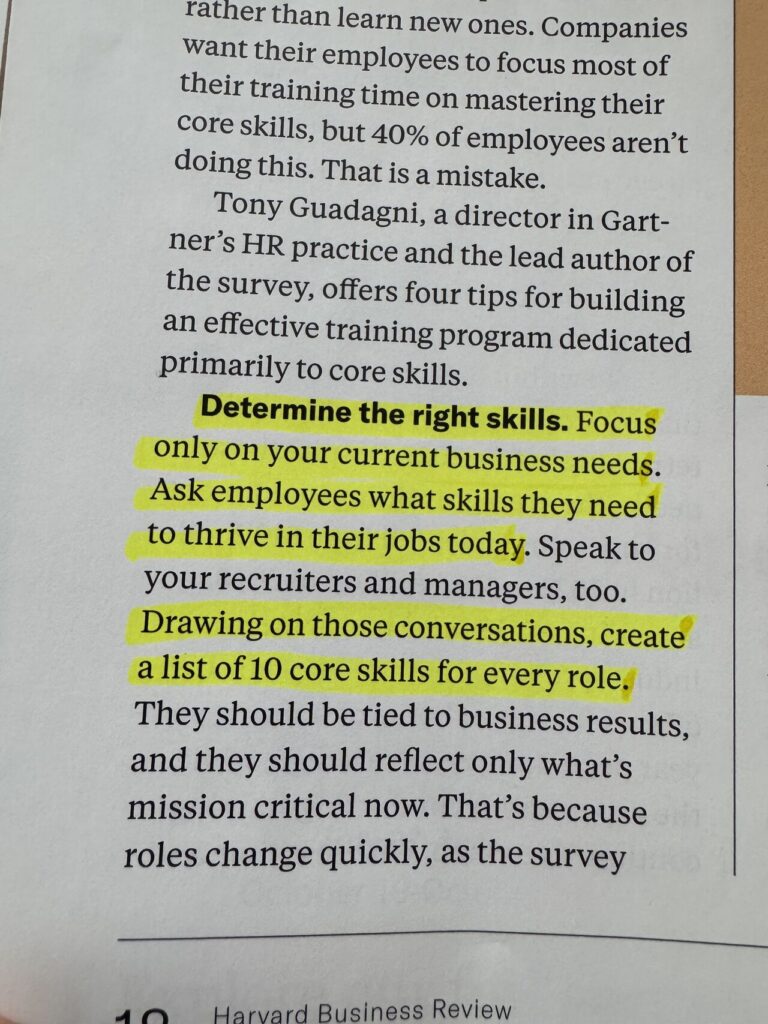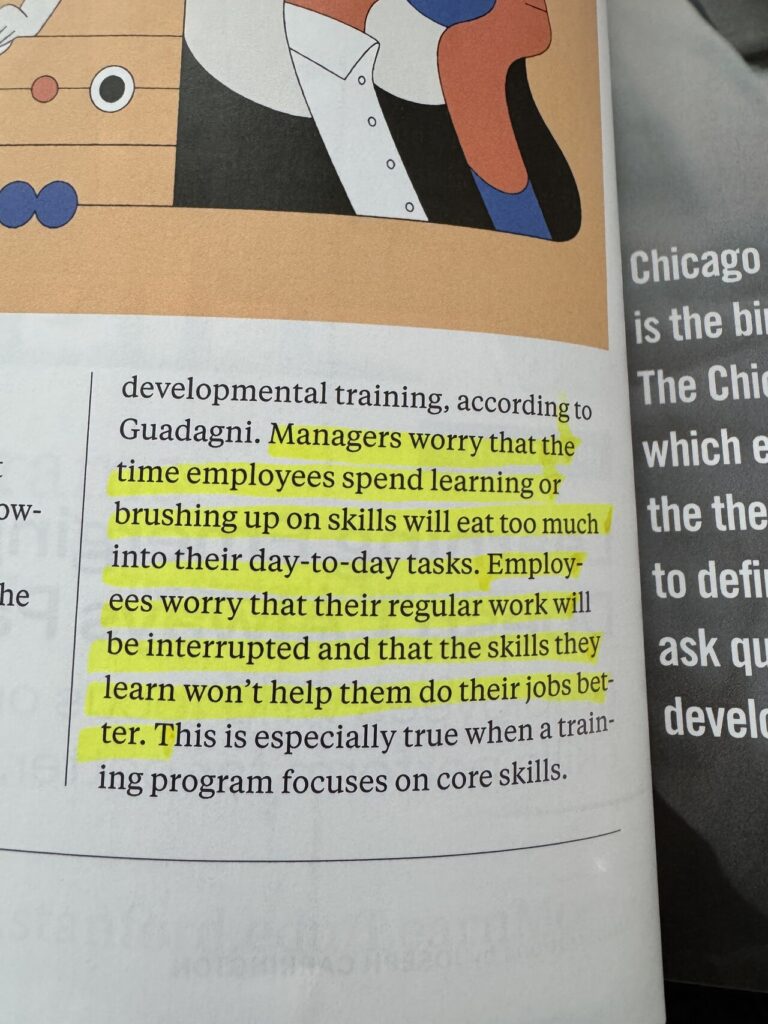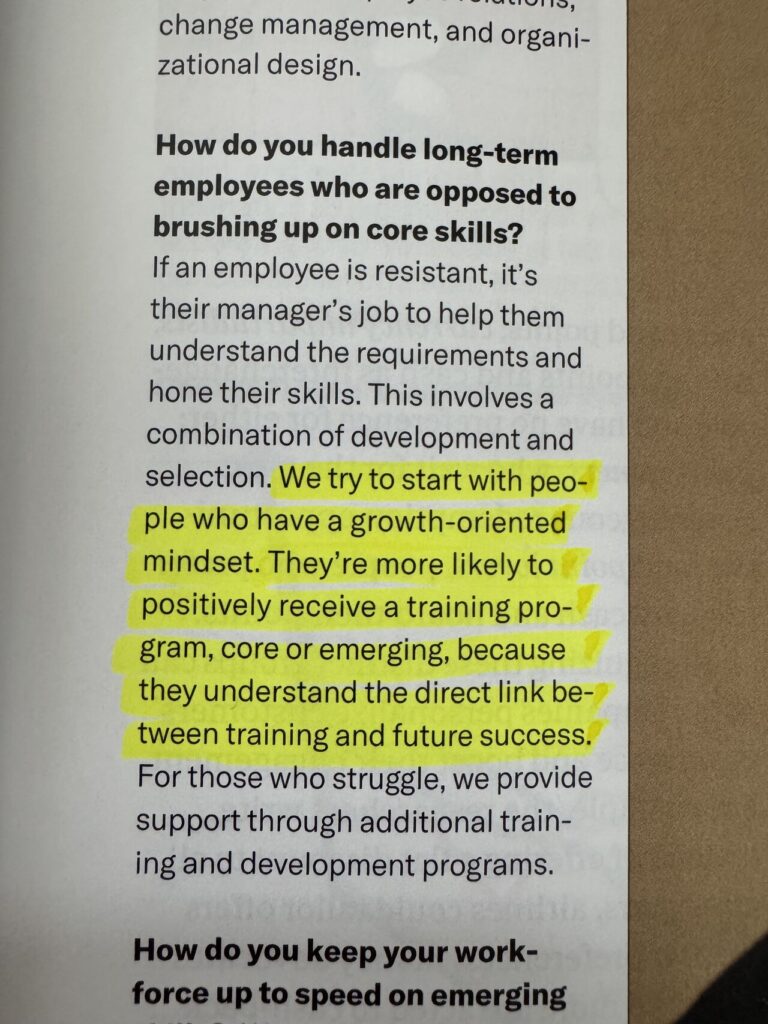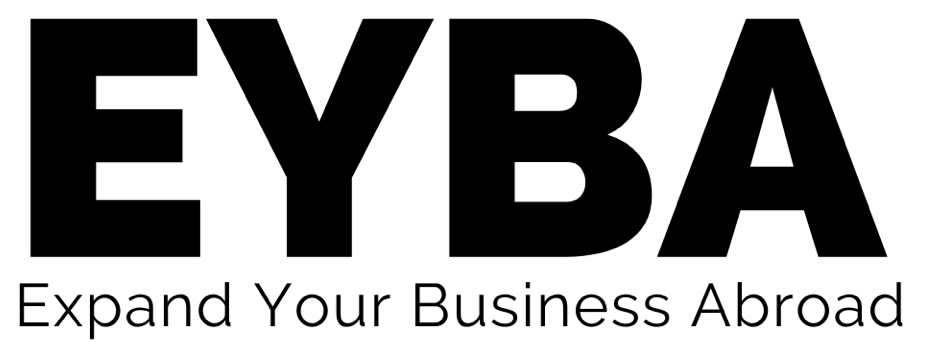Training & Skills Development – Are We Focusing on the Right Things?
Are we developing the skills our teams actually need?
In the latest Harvard Business Review (Jan–Feb 2025), Tony Guadagni’s article “Learning Emerging Skills Doesn’t Always Pay Off” offers a sharp insight:
“Companies want employees to focus on mastering their core skills. But 40% aren’t doing that — and that’s a mistake.”
It made me think:
Are we truly focusing on the right things when it comes to professional training?
How do we choose which skills to develop — and are they aligned with real business needs right now?
Focus on what matters today
The article’s key insight was simple yet powerful:
“Focus only on your current business needs. Ask employees what skills they need to thrive in their jobs today.”
“Companies should focus on developing the skills that are relevant to their business needs right now.”
Instead of chasing every new trend, leaders should ask:
- What skills do our people need today to excel?
- Do our training programs address real, everyday challenges?
When development is aligned with immediate goals, training creates impact — not just activity.
This means training should begin with reality — not trends.
A workshop on AI may sound modern, but if your team struggles with writing clear emails to partners, that’s where the real impact lies.
He adds:
“Create a list of 10 core skills for every role.”
Ten essential skills — tailored, practical, measurable.
Skills that translate directly into performance, not PowerPoints.
Lessons from export and business development
Emerging skills fade; core skills evolve.
Negotiation, communication, time management, customer empathy — these are timeless.
At EYBA, we’ve seen this in export: companies that strengthen core sales and communication capabilities consistently outperform those chasing the next big thing.
Every market may be different, but the principles of connection, clarity, and consistency remain the same.
In my experience, even highly professional teams often hesitate to admit they need training.
I’ve met export managers who feel uncomfortable saying: “I need to improve my B2B calling skills.”
There’s an unspoken fear that asking for training might seem like weakness.
But in truth — learning is a strength.
Even after years in export, I don’t use the same tools I did ten years ago.
I experiment, read, test, and adapt to new markets. Some methods work, others don’t — but constant learning is what drives growth and results.
The time dilemma
Harvard Business Review also reminds us:
“We try to start with people who have a growth-oriented mindset… They understand the direct link between training and future success.”
At EYBA, we see this every day: export success is not about knowing everything — it’s about being willing to learn, test, adapt, and improve.
Teams that treat learning as a privilege, not a burden, always rise faster.
Another insight from HBR was that employees often worry training takes too much time.
That’s exactly why, at EYBA, we’ve designed focused, results-driven export programs that:
- avoid unnecessary theory,
- and help export managers work smarter, not harder.
Our goal is to make training time-efficient, practical, and directly linked to measurable outcomes.
A reminder for all leaders
True training is not about adding more — it’s about focusing better.
Learning what’s needed now, not what’s fashionable next.
Ask yourself:
- Do your people know their 10 core skills?
- Do your programs build relevance or just activity?
If the answer is unclear, it’s time to realign your training with purpose and results.
This article is a valuable reminder to review our training strategies.
Are they:
- focused?
- relevant?
- delivering results?
If not, maybe it’s time to rethink our approach — and refocus on what truly matters to people and performance.
📖 Source: Tony Guadagni, “Learning Emerging Skills Doesn’t Always Pay Off”, Harvard Business Review, Jan–Feb 2025.








